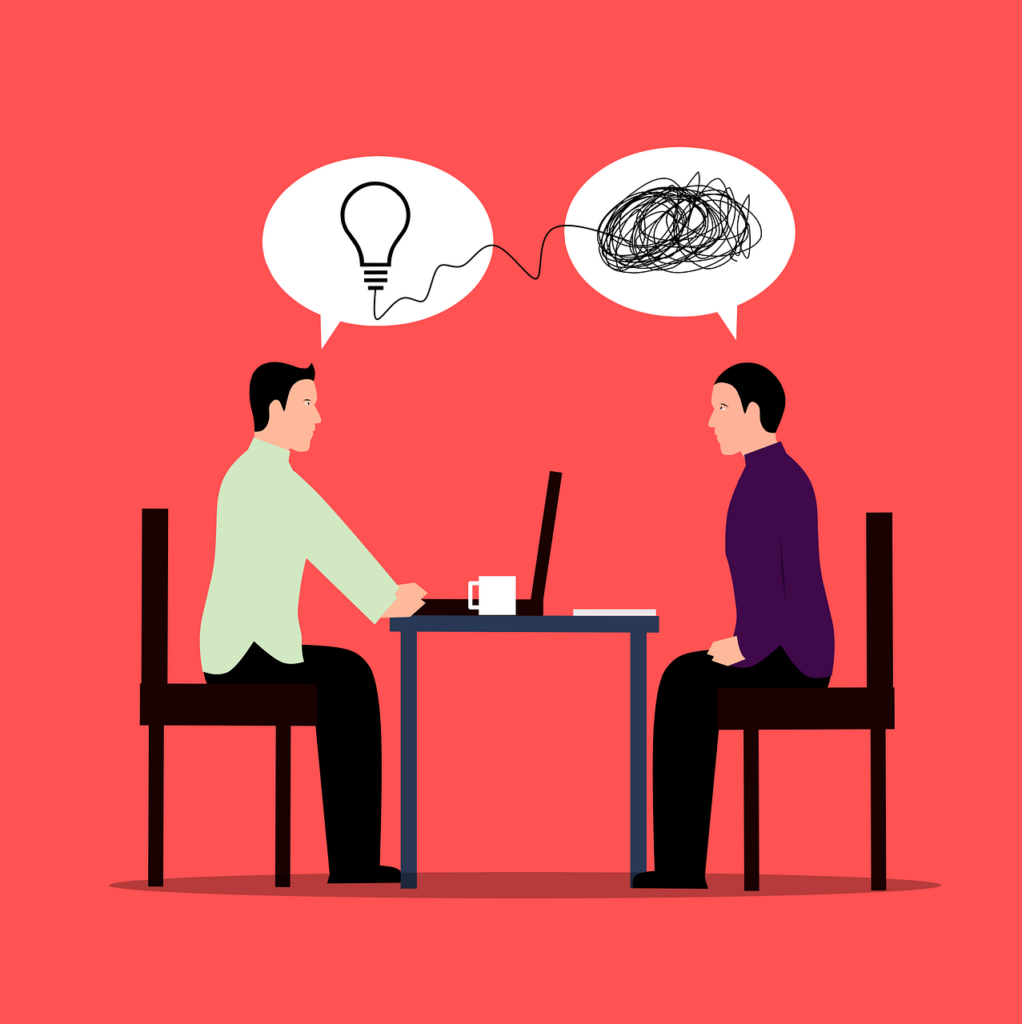Soft Skills in Sales: The Power of Empathy to Understand Customer Needs
Soft skills in sales are crucial for fostering positive customer interactions and building long-lasting relationships. Unlike hard skills, which may involve technical know-how, soft skills encompass interpersonal abilities such as emotional intelligence and effective communication. Mastering these soft skills for B2B sales success can significantly differentiate top-performing sales professionals from their peers.
Importance of Soft Skills in Sales
Soft skills in sales directly influence a salesperson’s ability to engage customers and understand their needs. Effective interpersonal skills can lead to increased trust and credibility, which are vital in a competitive market. Sales professionals who excel in these areas are often the ones who close deals consistently.
Key Soft Skills Every Salesman Should Have
Every successful salesman should develop a range of essential soft skills. These include active listening, empathy, adaptability, and problem-solving. Cultivating these traits can enhance a salesperson’s overall effectiveness and contribute to their career growth.
Differentiating Between Hard Skills and Soft Skills
While hard skills relate to specific technical capabilities or knowledge areas relevant to a job, soft skills focus on the individual’s ability to interact harmoniously in a workplace environment. Sales professionals often rely more on their soft skills in sales, as they need to navigate complex interpersonal dynamics and emotional aspects of buying decisions. Understanding this difference can help salespeople refine their approach and focus on developing the right competencies.
The Role of Empathy in Sales

Empathy in sales refers to the ability to understand and share the feelings of customers, which is essential in meeting their needs effectively. By putting themselves in the customers’ shoes, sales professionals can create deeper connections and tailor their strategies accordingly. This emotional intelligence ultimately fosters understanding, enhancing the overall buying experience.
How Empathy Improves Customer Relationships
Empathy is essential for creating trust and genuine connections, which form the basis of long-term customer relationships. When customers feel understood, they are more likely to engage positively with a salesperson.
- It helps in uncovering customer pain points.
- Empathetic salespeople can offer tailored solutions more effectively.
- A strong empathetic approach can lead to enhanced customer loyalty.
Empathy as a Competitive Advantage
With so many options out there, empathy is what helps a salesperson truly stand out. It enables sales professionals to understand unique customer needs and address them more personally. This not only increases sales conversion rates but also fosters repeat business and referrals.
Effective Communication in Sales

Effective communication in sales is critical for conveying value and building relationships with potential clients. Sales professionals must master the art of articulating their thoughts clearly and persuasively to gain a competitive edge. The best sales skills encompass not just speaking, but also active listening and non-verbal cues to convey trustworthiness.
The Importance of Communication in Sales
Salesforce communication plays a vital role in every stage of the sales process. From initial outreach to closing the deal, the effectiveness of communication impacts customer perceptions and decision-making.
Best Sales Skills for Effective Communication
The best sales skills involve tailoring messages to an audience, employing persuasive techniques, and responding to objections gracefully. By honing these abilities, sales professionals can create compelling narratives that resonate with customers, making it easier to guide them through the purchasing process.
Techniques to Enhance Sales Communication
Several techniques can help salespeople improve their communication skills in sales. Actively seeking feedback, practicing persuasive storytelling, and utilizing open-ended questions can significantly impact sales outcomes. Enhancing these skills can lead to more engaging and productive conversations with clients.
Conclusion
Incorporating soft skills in sales is essential for professionals aiming to excel in the highly competitive marketplace. By focusing on key soft skills, such as empathy and effective communication, salespeople can improve their relationships with customers and drive better results. Ultimately, investing in mastering soft skills for B2B sales success lays a strong foundation for lasting client partnerships and impressive sales performance.
FAQ
What are the most important soft skills in sales?
The most important soft skills in sales include empathy, effective communication, active listening, and adaptability. These skills enable sales professionals to connect with clients on a deeper level, ultimately enhancing their effectiveness and closing rates.
How can I improve my soft skills for sales?
Improving soft skills for sales can be achieved through various methods, including coaching, attending workshops, and practicing real-life scenarios. Engaging in reflective practice, such as reviewing past sales conversations, can also provide valuable insights.
Can soft skills really impact sales performance?
Absolutely, soft skills in sales can have a significant impact on performance. They contribute to better customer interactions, stronger relationships, and ultimately, higher closing rates.
What training is available for improving salesman skills?
Many training programs focus on soft skills in sales, offering workshops that teach active listening, conflict resolution, and emotional intelligence. Additionally, online courses and mentorship opportunities are accessible for those seeking to enhance their salesman skills further.
How do soft skills contribute to closing deals?
Soft skills facilitate deeper connections with clients, allowing salespeople to understand unique needs and objections. As a result, sales professionals can tailor their pitches, effectively addressing concerns that may prevent closing a deal.



